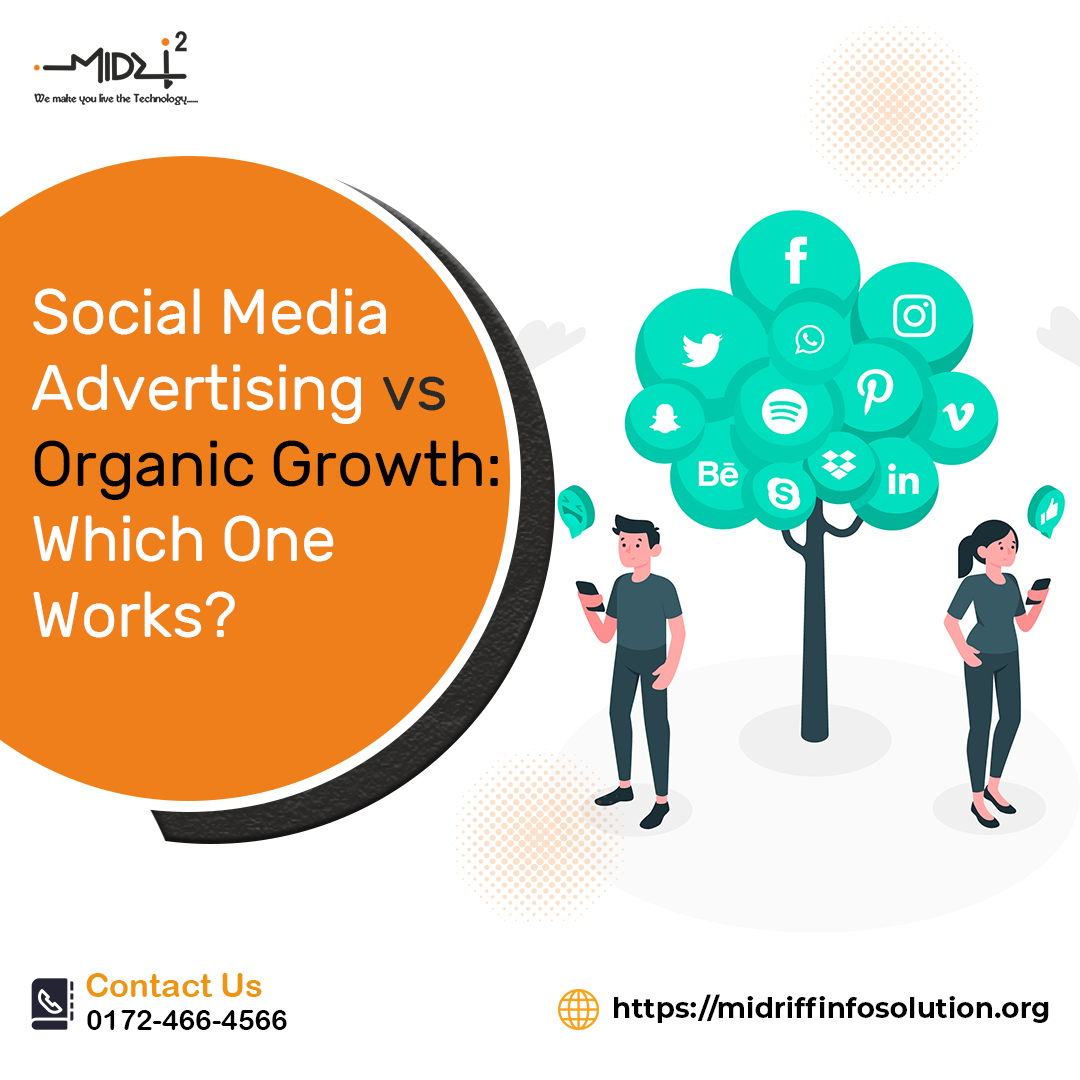PHP is a widely used programming language for web development, and it offers several frameworks that simplify and accelerate the development process.
These frameworks provide developers with ready-made components and tools to build robust and scalable web applications.
In this blog, we will explore the pros and cons of using PHP frameworks development Services, helping you understand their potential benefits and drawbacks.
Pros of Using PHP Frameworks
Do you know that PHP Web Development Beneficial For Online Business? Here are some advantages:
1. Rapid Development
PHP frameworks offer a structured and organized approach to web development.
They provide pre-built components and libraries that can be reused, saving development time and effort.
The framework’s conventions and best practices enable developers to build applications more efficiently, resulting in faster development cycles.
2. Code Reusability
PHP frameworks promote code reusability, allowing developers to write reusable components and modules.
This not only enhances productivity but also ensures consistent code quality across the application.
Reusing code reduces redundancy, improves maintainability, and facilitates future updates or enhancements.
3. Security
PHP frameworks often incorporate security measures and practices, such as input validation, protection against common vulnerabilities, and prevention of SQL injection and cross-site scripting attacks. These built-in security features help developers create more secure web applications, reducing the risk of potential security breaches.
4. Community and Documentation
PHP frameworks have a large and active community of developers. This means ample resources, forums, and documentation are available for support and problem-solving.
Developers can leverage this community to seek assistance, share knowledge, and stay updated with the latest trends and best practices in web development.
Cons of Using PHP Frameworks
Learning Curve:
PHP frameworks have their own set of rules, conventions, and coding patterns. Developers who are new to a particular framework may need time to familiarize themselves with its structure and practices.
This learning curve can be a challenge, particularly for beginners or those transitioning from other programming languages.
1. Framework Limitations
While PHP frameworks offer a range of features and functionalities, they may not cater to every unique requirement of a web application.
Customization beyond the framework’s capabilities might require additional coding or workarounds.
It’s important to assess the project’s specific needs and evaluate whether the chosen framework can meet them adequately.
2. Performance Overhead
Some PHP frameworks introduce a certain level of performance overhead due to their extensive features and abstractions.
While this may not be noticeable for small-scale applications, it can become a concern for high-traffic or resource-intensive projects.
Performance optimization techniques and proper utilization of framework features can mitigate these concerns.
Conclusion
PHP frameworks provide a structured and efficient approach to web development, offering rapid development, code reusability, enhanced security, and community support. However, they also come with a learning curve, potential limitations, and performance considerations. It’s essential to evaluate the specific needs of your web development project and choose a PHP framework that aligns with those requirements, considering the pros and cons outlined above. With the right choice and utilization, PHP frameworks can significantly streamline the development process and deliver robust web applications. To get help with the PHP framework for your website development, contact Midriff Info Solution Pvt. Ltd today!





